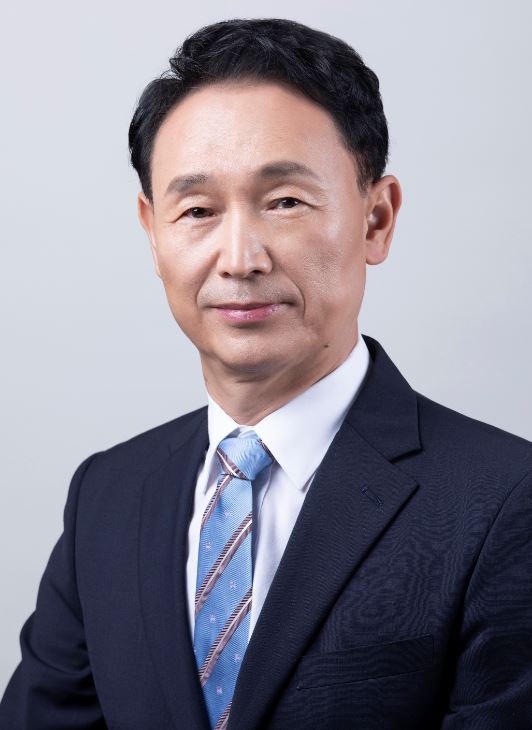
Professor Young Tae Chang | Inha University, republic of korea
Prof. Young-Tae (YT) Chang is Professor Emeritus at Graduate School of Logistics at Inha University in Incheon, Korea. YT worked for the Korea Ocean Institute of Science and Technology and the Korea Maritime Institute for twenty years including two years’ presidency at KMI. While conducting 72 national and international projects, YT has published 8 books and over 90 journal papers. He is PhD and MA in Business Administration at Yonsei University, MSc in Port and Shipping Administration at World Maritime University in Sweden and BSc in Veterinary Medicine at Seoul National University.

dr. David Kim| Ceo, Samwoo Immersion
David Kim is a former merchant mariner who received his Ph.D. in Marine Police and M.S. in Marine Transportation Information Engineering from Korea Maritime University. He then founded Samwoo Immersion, a marine IT company, which he has been running since then.
Samwoo Immersion is a company that develops and provides on-site problem-solving solutions using VR/XR/Digital Twin technologies. The company focuses on projects that implement location-based information based on GIS technology as a 3D virtual world, i.e., Digital Twin. Samwoo Immersion also actively utilizes VR/XR-based content and solutions for the training of marine and ship-related personnel. In addition, the company established SWXR CAMPUS, the world’s first talent development training center, and is continuously building a talent development platform through the XR Eco-Friendly Ship Training Center course.
English website: https://samwooim-eng.imweb.me/?redirect=no

Hyunsoo Hur| Director of Reserch & Development Dep., Hydrography Dep./ Geostory Inc.
Hyunsoo Hur is engaged with the various projects such as coastline mapping and tidal-flat monitoring, sea-bed classification by Airborn bathymetry LiDAR, Topographic LiDAR, Hyperspectral Sensor, Satelite Imagery. He was project leader of Reaserch and Development Project developing bathymetry LiDAR ‘SeaHawk’. With this experince Geostory’s Reaserch and Development Department is developing Integrated system combined Airborne Bayhymetry LiDAR and Hyperspectral Sensor. Once this integrated system is completed, It is possible monitoring coastal area not olny geo-spatial information, but also coatal environment.
Email: hsheo@geostory.co.kr

Ph.D. Myeong-Won Kim| Head of the Department of Marine Spatial Convergence at GeoSystem Research Corp.
Myeong-Won Kim earned his Ph.D. in the Department of Ocean Engineering at Chonnam National University in 2014. His Ph.D. research focused on assessing the environmental impact of thermal effects emanating from power plants and delved into modeling techniques to enhance prediction accuracy in response to these effects.
Currently, Ph.D. Kim serves as the head of the Department of Marine Spatial Convergence at GeoSystem Research Corp, actively engaging in various aspects of ocean engineering. His primary expertise lies in identifying the potential for marine activities through the integration of marine and meteorological forecast information.
With 18 years of experience in the marine environment and numerical modeling analysis, he plays a crucial role in generating essential data for natural disaster response and in formulating marine spatial management policies, drawing from coastal information and climate change data.
Email: mwkim@geosr.com

Soo Min Kim| Senior Engineer of the Department of Marine Spatial Convergence at GeoSystem Research Corp.
Soo Min Kim earned her B.S. in the Department of Marine Environmental Science at Hanyang University in 2013. She is currently employed as a Senior Researcher in the Marine Spatial Convergence Department at GeoSystem Research Corp, where she is actively involved in management and policy-related tasks focused on coastal areas. Her primary expertise involves integrating various data related to coastal regions for analysis and conducting risk assessments.
She has 10 years of experience in the marine environmental field and plays a crucial role in generating essential data for natural disaster response and establishing fundamental information for coastal spatial disaster preparedness. She accomplishes this by utilizing external, human, physical, and geographical data related to marine environments and coastal regions.
Email: smkim@geosr.com
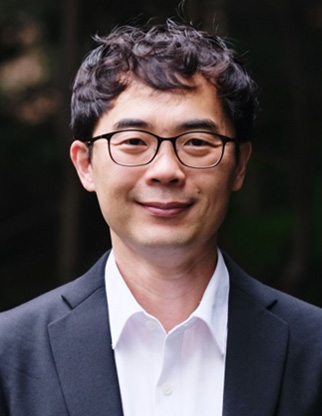
Dr. Young Nam Kim| Senior researcher at the Korea Marine Environment Management Corporation (KOEM), Republic of Korea
Dr.Young Nam Kim works in the Marine Spatial Planning management department of KOEM. He is actively working in the field of marine ecosystem conservation as a member of the Korea Marine Protected Area Central Management Committee and the Gyeongsangnam-do Carbon Neutral Committee. He has served as a preparatory committee member for 7IMDC and as Korea’s representative to UNEP/CBD/RAMSAR. He is currently participating in projects related to blue carbon policy, marine environment impact assessment, marine spatial planning management, and offshore wind power. Dr. Kim holds a Ph.D. in Oceanography from the University of Southampton and has a background in biological oceanography and phytoplankton ecology
Email: ynkim@koem.or.kr
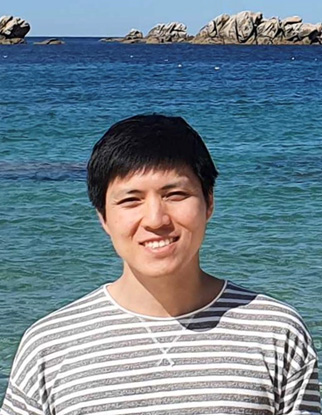
Jaeyoon Park| Senior Data Scientist, Global Fishing Watch
Jaeyoon Park, as a senior data scientist, leads Global Fishing Watch’s vessel identity work by building a comprehensive global database of fishing vessels and analyzes their activities using various satellite technologies. In his capacity as the Asia research lead, Jaeyoon leads the research projects in Asia in collaboration with fisheries research institutes and national government agencies of the Rep. of Korea, Japan, Chinese Taipei and Vietnam. For more than 15 years, Jaeyoon has been working at the intersection of technology and conservation. Prior to Global Fishing Watch, his experiences ranged from lab research on wastewater treatment at Veolia Environnement, France, to managing business engagement at WWF Korea, and climate policy support at the UN Environment Programme for Asia and the Pacific. He holds a bachelor of science degree in computer science from KAIST, Rep. of Korea, and a master of science in environmental engineering from Ecole des Mines de Paris, France. Jaeyoon codes mainly in Python and SQL and loves swimming and playing the guitar.
Email: jaeyoon@globalfishingwatch.org
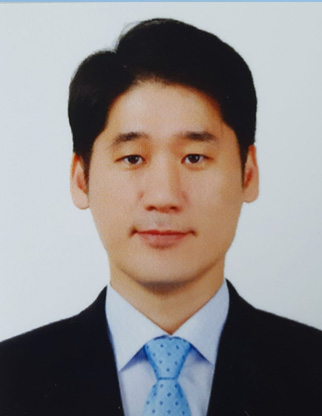
DR. HANSAN PARK| Director of the Korea-Indonesia Marine Technology Cooperation Research Center (MTCRC) Principle Scientist, KIOST, Korea
Hansan Park is Korean Director of the Korea-Indonesia Marine Technology Cooperation Research Center (MTCRC), an inter-governmental joint research center between the Republic of Korea and Indonesia, which was established in September in 2018. As a Principal Researcher at the Ocean Policy Institute in the Korea Institute of Ocean Science and Technology (KIOST), his research addresses coastal zone management, coastal disaster management, and maritime boundary delimitation based on geospatial science. He has various research experiences with Pacific Island Countries, for example, Micronesia, Samoa, and Indonesia regarding coastal disaster management using the technology such as LiDAR, RS, GNSS, Drone, and GIS as a project manager. Hansan graduated in Geography and has a Ph.D. in coastal geomorphology from the University of Kyunghee, Seoul, Republic of Korea.

Ms. Jongsu Lee| Principal researcher, Our Sea of East Asia Network, South Korea
Ms. Jongsu Lee is an environmental scientist with over 10 years of experience in the field. Jongsu is a principal researcher of Our Sea of East Asian Network. She is in charge of analyzing data from various programs in OSEAN and providing insights for developing policies against marine litter. She, Ph. D. Candidate, received her Master Degree in Environmental Planning from Seoul National University where she studied environmental chemistry. After joining OSEAN, her main interest has been how to obtain representative data of marine litter, analyze and visualize it for people to understand marine litter pollution and finally combat it.
Email: jongsulee@osean.net
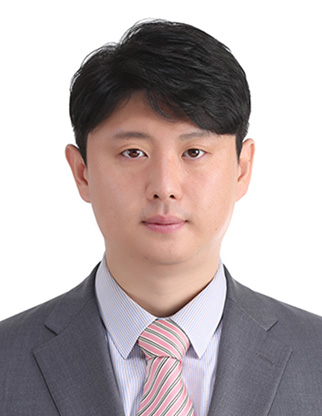
DR. CHOLYOUNG LEE| Director at the Marine Bigdata & A.I. Center / KIOST
Cholyoung Lee holds the position of Director at the Marine Bigdata & A.I. Center at the Korea Institute of Ocean Science and Technology (KIOST). In this role, he conducts research and project planning related to the collection, processing, analysis, and visual representation of spatial bigdata in various fields, including oceanography, fisheries, and shipping. Lately, he has taken on the role of project leader for the ‘Building Coast Bigdata Platform and Centers’ project, which is supported by the South Korean Ministry of Science and ICT. In this capacity, he manages the data collection, standardization, and operation of a platform for marine-related bigdata produced by 24 institutions and companies, with the aim of making it accessible within the industry. This significant work contributes to the discovery and spread of data-driven innovations in the marine and fisheries sector. He also directly participated in spatial bigdata analysis for zoning during the first phase of the MSP project (2018-2021) and made valuable contributions to standardizing and drafting guidelines for assessing marine spatial characteristics. Besides, he has a keen interest in monitoring and cleaning up marine litter. He’s a contributing member of the Our Sea of East Asia Network (OSEAN) and actively participates in related activities, including proposing methods for the selection of nationwide marine litter monitoring sites using GIS technology. Cholyoung Lee pursued his undergraduate studies in the Engineering of Minerals and Resources, specifically Applied Geophysics, at Inha University in Incheon, South Korea. He continued his academic journey by majoring in Geographic Information Systems (GIS) for both his master’s and doctoral studies at the same university.
Email: cylee82@kiost.ac.kr
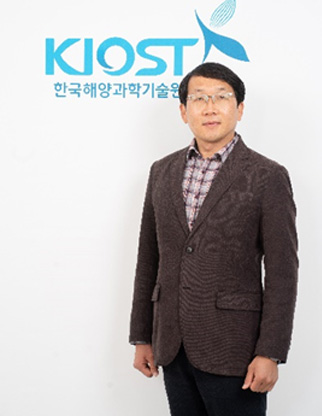
DR. HAK SOO LIM|Principal Research Scientist at Korea Institute of Ocean Science and Technology, South Korea
Hak Soo LIM works in the Coastal Disaster & Safety Department of Korea Institute of Ocean Science and Technology (KIOST). He is currently serving as the vice president of the International Division of the Korean Society of Coastal Disaster Prevention (KSCDP) and is an expert in the review of comprehensive natural disaster mitigation measures by the Ministry of the Interior and Safety, a member of the central construction technology review committee of the Ministry of Land, Infrastructure, and Transport, and a member of the Busan Metropolitan Construction Technology Review Committee. He is striving to develop coastal disaster prediction and response framework and marine digital twin technology, such as developing coastal erosion response technology, developing a marine smart city digital twin platform, and establishing a cutting-edge Advanced Marine Industry Open-Lab at KIOST.
Email: hslim@kiost.ac.kr
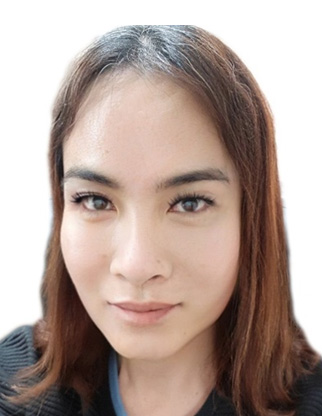
Prof. SUKGEUN JUNG|Professor at Jeju National University, Korea
Sukgeun Jung is a professor majoring in fisheries science at Jeju National University (2010-present), Korea. Sukgeun received B.Sc. from Seoul National University in 1987, M.S. from National Fisheries University of Pusan in 1989, and Ph.D. from University of Maryland, College Park with emphasis in fisheries science in 2002. Sukgeun worked at Chesapeake Biological laboratory for PostDoc under Professor Edward D. Houde from 2002 to 2006, after returning to Korea, worked as a fisheries researcher at National Institute of Fisheries Science (2006-2010) and participated in writing the 5-th Intergovernmental Panel on Climate Change Assessment Report, Working Group 2 “Ocean” (2010-2014) . Her study areas include climate change, fisheries oceanography, stock assessment, fish ecology, mathematical biology, and biostatistics.
Email: sukgeun.jung@gmail.com

DR. Sung-Jin Cho|Korea Maritime Institute
Sung-Jin Cho is a Senior Researcher at the Marine Research Division within the Korea Maritime Institute (KMI). He earned a master’s degree in Geography from Kyung Hee University in South Korea and a Ph.D. in Transportation from Hasselt University in Belgium. Throughout his tenure at KMI, his primarily area of focus has been policy research related to Marine Spatial Planning (MSP) and ocean data and information. Recently, he has taken on the role of Director at the GEO Blue Planet Asia Office, where he oversees pertinent responsibilities. His research primarily revolves around policy development for the public use of big data in the marine sector, as well as the development of science and technology to support public policy decision-making.
Email: sjcho@kmi.re.kr
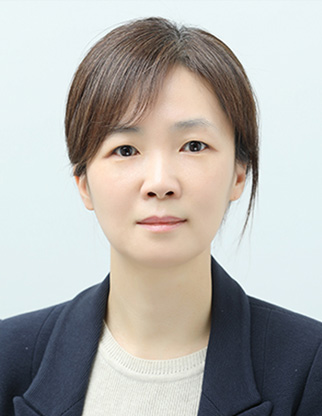
DR. Hee-Jung Choi|Korea Maritime Institute
Hee-Jung Choi is a research fellow at the Marine Research Division of the Korea Maritime Institute (KMI). She earned her Ph.D. in geography and geographical information systems from Kyung Hee University in South Korea. During her tenure at KMI, she has played a key role in the development of national coastal and marine policies, as well as the formulation of various management plans at both national and local levels. Her current focus involves the development of national policies related to marine spatial planning (MSP), coastal management, and marine environment management. Additionally, she actively participates in activities related to the national coastal basic survey and the development of coastal information systems. Notably, she has been instrumental in introducing MSP in Korea, leading MSP research efforts since 2011. Recently, her interests have extended to coastal and marine spatial management and planning, tools for ecosystem-based marine spatial management (such as spatial decision support systems), and ocean sustainability assessment.
Email: chj1013@kmi.re.kr
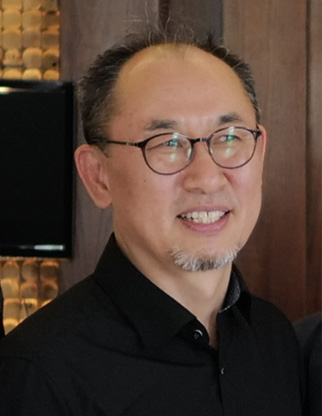
DR. JUNGHO NAM|Senior Research Fellow at Korea Maritime Institute, Rep. of Korea
Jungho Nam has been working at Korea Maritime Institute (KMI) since 1996, which is a government-affiliated research entity under the Prime Minister’s Office. His researches cover integrated coastal planning, climate change adaptation, marine environment management, marine ecosystem protection, coastal conflict resolution, transboundary marine environmental affairs, official development assistance, marine science and technology application etc. He has contributed to the formulation of marine policies for his government and establishment of legal and institutional mechanisms for sustainable ocean and coasts. He also has been involved in global and regional environmental issues and their related activities, including land-based activities control, marine debris management, coastal watershed management, transboundary protected areas etc. He contributed to activities of PEMSEA, COBSEA, NOWPAP, YSLME and World Ocean Forum. He served members of Prime Ministerial Advisory Board for Inter-Korean Cooperation, National Commission on Sustainable Development, National Commission on Coastal Management, and National Commission on Land Use Regulation, National Council on Marine and Fisheries Science & Technology, and National Water Management Commission. Now he is serving Saemangeum Management Commission, the Ministry of Foreign Affairs, and the Ministry of Unificiation. He is also a Vice-Chair of the Korea Society of Environment, and a member of Executive Commission of GEO BP (Blue Planet).
Email: jhnam@kmi.re.kr
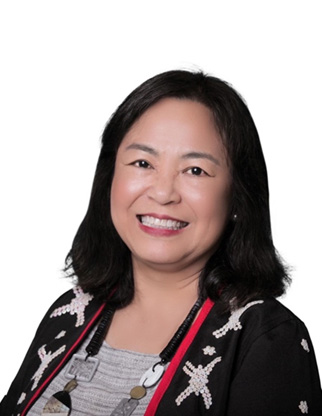
Ms. Aimee T. Gonzales|Executive Director, PEMSEA Resource Facility
Aimee T, Gonzales is the Executive Director of the Partnerships in Environmental Management for the Seas of East Asia (PEMSEA), a regional coordinating mechanism specializing in ocean governance in the East Asian Seas.
Prior to joining PEMSEA, she worked with WWF International on promoting coherence between trade and environment policies, marine ecosystem services valuation and fisheries subsidies reform.
Before then, she served as Head Executive Assistant to two Cabinet Secretaries of the Philippine Department of Environment and Natural Resources.
She holds a Masters in Environmental Assessment and Education from the London School of Economics and a Masters’ Degree in Public Policy from the National University of Singapore.
Email: agonzales@pemsea.org
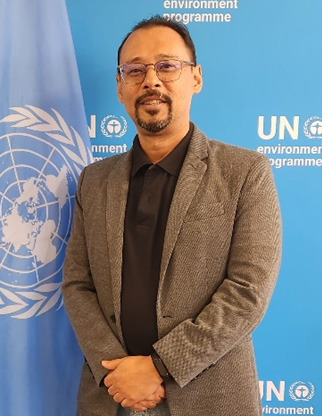
MR. MAHESH PRADHAN|Coordinator, UNEP COBSEA
With nearly three decades of experience with the UN Environment Programme, Mr. Mahesh PRADHAN was appointed as COBSEA Coordinator on 1 June 2022 and is currently based in Bangkok, Thailand. COBSEA is an intergovernmental mechanism that brings together nine countries (Cambodia, People’s Republic of China, Indonesia, Republic of Korea, Malaysia, the Philippines, Thailand, Singapore and Viet Nam) for the sustainable development and protection of the marine environment and coastal areas of the region. Over 2021-22, Mr Pradhan served as interim COBSEA Coordinator, while concurrently leading UNEP’s global efforts on sustainable nutrient management from UNEP HQs in Nairobi, Kenya. COBSEA’s current efforts are focused on Marine Litter and Plastics, through implementation of a Regional Action Plan on Marine Litter. In addition, efforts are underway for the implementation of a new Framework on Marine and Coastal Ecosystems, closely aligned to the Kunming-Montreal Global Biodiversity Framework.
Email: mahesh.pradhan@un.org
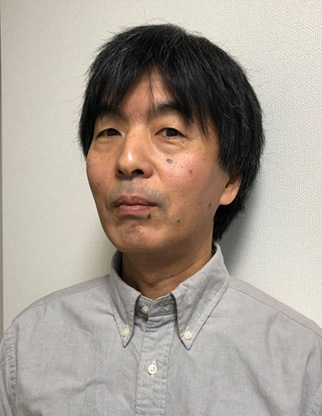
Ryo Furue|JAMSTEC
Ryo Furue received his PhD in physical oceanography from the University of Tokyo in 1999. He has a wide interest in ocean dynamics. His past and current studies include the global thermohaline circulation, numerical modelling of microscale turbulence, dynamics of equatorial currents, and dynamics of currents around Australia. He worked as a researcher at the University of Tokyo and then at the University of Hawaii before his current workplace, JAMSTEC, Japan.
Email: furue@jamstec.go.jp
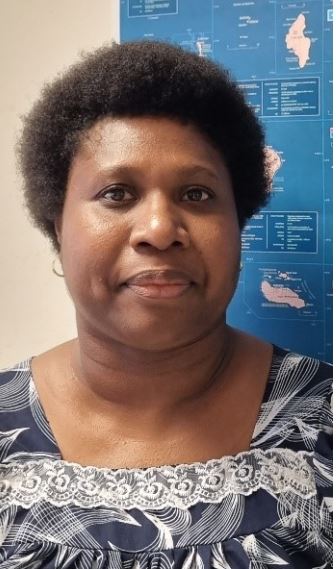
dr. Leontine baje| The pacific community (spc)
Originally from Papua New Guinea Dr. Leontine Baje has worked in the fisheries sector for 15 years, and held positions with the national fisheries administrations of PNG and the Federated States of Micronesia. Working primarily in the coordination and development of data collection programs. She currently serves as a fisheries adviser with the Oceanic Fisheries Program of the Pacific Community. In this capacity she supports member countries with the development of electronic reporting and monitoring.
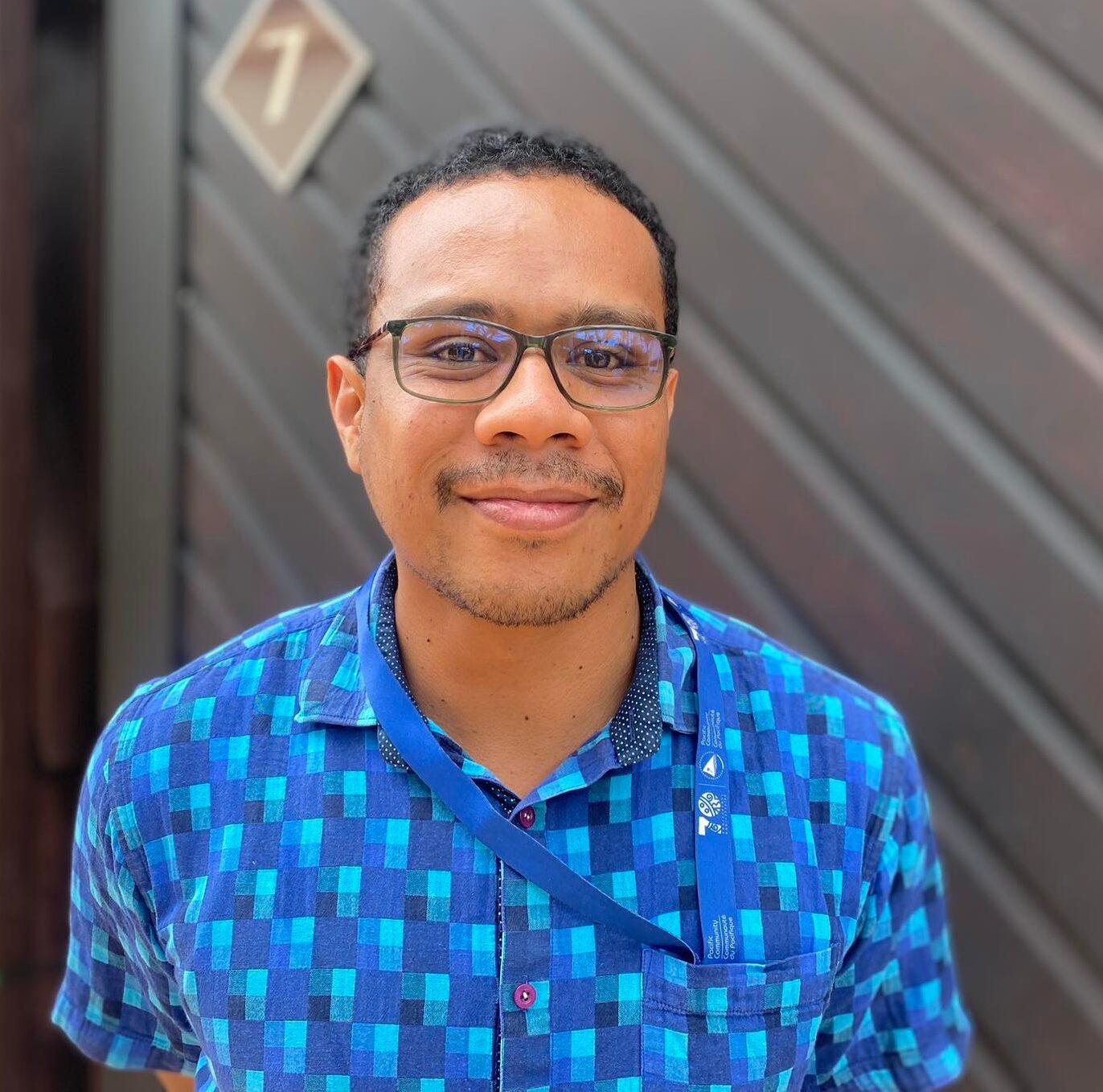
mr. Manasa Babitu| The pacific community (spc)
Manasa Babitu, a dedicated fisheries professional from Fiji, is currently contributing to regional efforts at the Pacific Community as a Pacific Island Fisheries Professional. With an impressive decade-long career in fisheries monitoring, control, and surveillance, Manasa’s journey stands as a remarkable testament to his solid commitment. During his previous job at Offshore Fisheries in the Fiji Ministry of Fisheries, he gained extensive technical knowledge in the Longline fishery. This covered areas like licensing and permits, enforcement and compliance, catch documentation systems, and serving as a fisheries regional observer.
Beyond his professional achievements, Manasa is an advocate for international cooperation. He proudly serves as a member of the Japan International Cooperation Agency alumni association and passionately represents the voice of fisheries’ challenges and priorities at regional and international events and conferences. Manasa is a results-driven individual who continually seeks fresh challenges and harnesses the dynamic power of teamwork.
During his leisure moments, you’ll find Manasa indulging his passion for fishing, exploring nature through hikes, finding joy on the rugby field, or taking tranquil strolls along the idyllic beaches and waterfronts that the Pacific so generously provides.
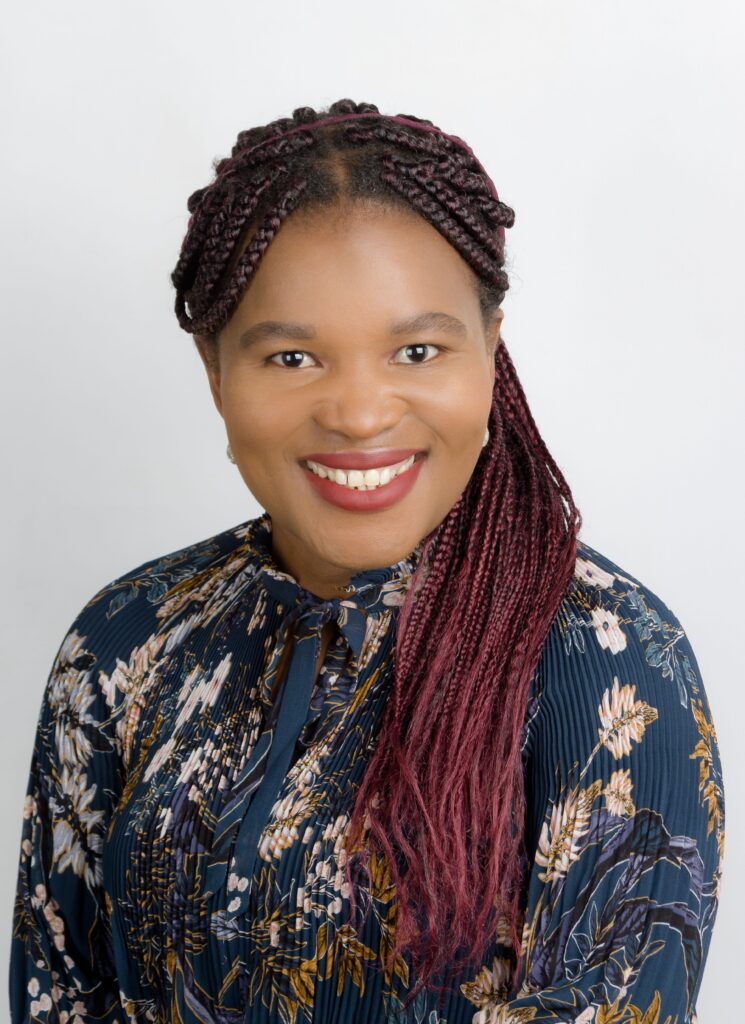
Ms. Andiswa Mlisa | The Pacific community (SPC)
Andiswa has extensive executive leadership experience associated with the promotion of Earth observation, digital data infrastructures, capacity and industry development, strategic partnerships, and business development. She gained her experience from working in private sector, national government, and inter-governmental organisation. She has been with the Group on Earth Observations (GEO) community since 2005, including having worked at the GEO Secretariat, led the established of AfriGEO Initiative and recently served as Co-Chair of GEO Programme Board. Her current responsibilities at SPC includes ensuring earth observations and data for development initiatives such as Digital Earth Pacific are responsive to the needs of SPC’s members and regional strategies and are aligned to similar initiatives within the region and globally.
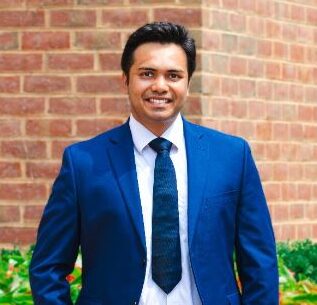
mr. Joy Chakrabartty | GEO BLUE PLANET| NOAA
Joy Deep is a 2023 Knauss Fellow, currently serving within the GEO Blue Planet initiative at NOAA’s Satellite Oceanography and Climatology Division (SOCD). He is a Ph.D. candidate specializing in Environmental Economics at the University of Delaware. With a diverse academic background, Joy holds master’s degrees in both marine policy and economics. His educational journey began with a bachelor’s degree in Urban and Regional Planning, where he concentrated on environmental management. Joy is dedicated to advancing interdisciplinary initiatives that address pressing challenges. His expertise spans crucial domains including sustainable development, climate adaptation, natural resource valuation, behavioral modeling, and environmental policy. Grounded in a multidisciplinary foundation, Joy offers a comprehensive outlook on intricate issues, actively working to catalyze positive transformations within the realms of environmental and economic dynamics.
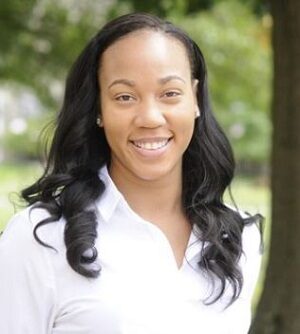
Dr. Nikelene Mclean | GEO Blue Planet| University of maryland
Dr. Nikelene Mclean is a coastal geospatial scientist and member of faculty at the University of Maryland Earth System Science Interdisciplinary Center. She holds a PhD in Bioenvironmental Sciences from Morgan State University and specializes in characterizing the interannual spatiotemporal population dynamics of disruptive jellyfish species in the Chesapeake Bay, USA. In 2022, she served as the GEO Blue Planet Knauss Marine Policy Fellow in the Satellite Oceanography and Climatology Division (SOCD) of the Center for Satellite Applications and Research (STAR) at the National Oceanic and Atmospheric Administration (NOAA). She is passionate about global stakeholder engagement and facilitating collaboration among end-user groups, policy makers and scientists to promote the sustainable management of marine and coastal resources around the world.
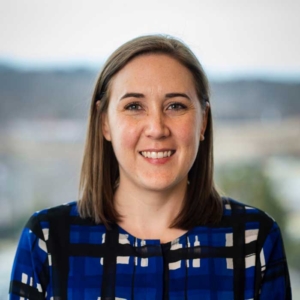
Dr. Emily Smail | GEO BLUE PLANET| NOAA | University of Maryland
Dr. Emily Smail specializes in utilizing science to support informed decision-making and the development of effective ocean, conservation, and development policies. Emily has been serving as the Secretariat Director of the GEO Blue Planet Initiative since 2015 and is a Senior Faculty Specialist at the NOAA-University of Maryland Cooperative Institute for Climate and Satellites. Prior to working to support GEO, Emily worked in science policy and information science education. She received a B.S. in Biology from the Pennsylvania State University and a Ph.D. in Biology from the University of Southern California.
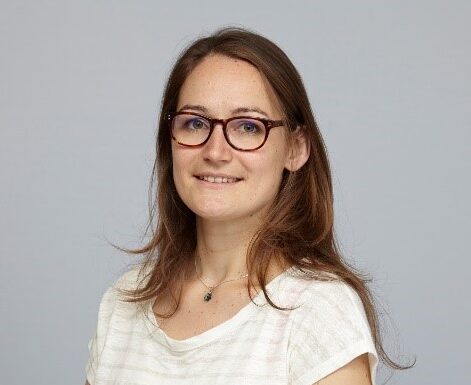
Dr. Audrey Hasson | GEO Blue Planet | Mercator Ocean International
Audrey Hasson is the EU coordinator for the GEO Blue Planet Initiative, hosted by Mercator Ocean International as part of the EU4OceanObs FPI Action funded by the European Union. She leads the GEO Blue Planet Marine Litter Working Group. She is a trained physical oceanographer specialised in remote sensing of Sea Surface Salinity. She holds a PhD from the University of Toulouse and has worked as a postdoctoral researcher for the American, French and European Space Agencies (NASA, CNES and ESA). She has participated in several research seagoing expeditions and has a particular interest for public outreach.
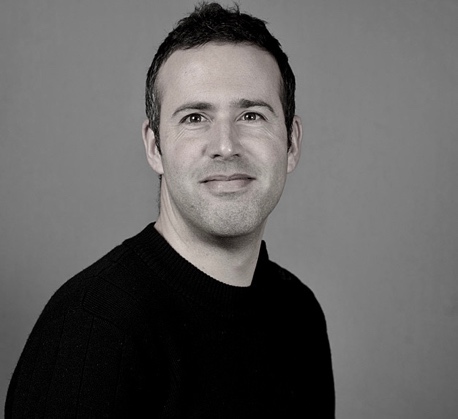
Dr. David Cabana | GERICS, Helmholtz-Zentrum Hereon
Dr David Cabana is an interdisciplinary scientist focused on the multiple dimensions of marine conservation and ocean sustainability. With an extensive background in research and consultancy, his current work focuses on a better understanding of the human dimensions of coastal areas. He is based at the Climate Service Center Germany (GERICS), an institution of Helmholtz-Zentrum Hereon, where he works on supporting coastal communities to adapt to climate change. His main interests include the integration of climate services into coastal governance and the promotion of community-driven approaches to address the impacts of climate change on coastal regions.
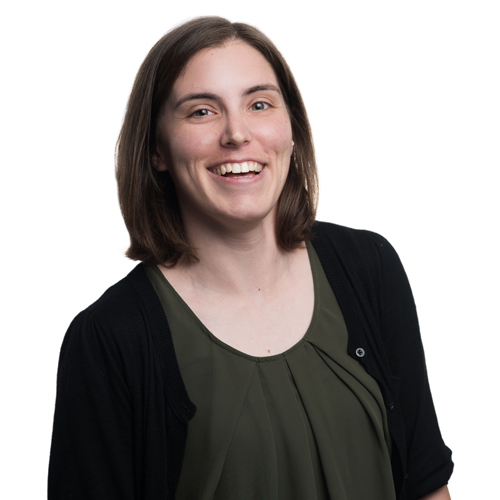
Dr. Erica Wales | NOAA/NESDIS/STAR
Dr. Erica Wales is the Ocean Remote Sensing Program Manager in the Satellite Oceanography and Climatology Division of NOAA/NESDIS/STAR. She holds a Ph.D. in Marine Studies from the University of Delaware, as well as degrees in marine policy, environmental law and policy, and marine biology. Dr. Wales is interested in working at the nexus of science and policy as well as increasing capacity for ocean stewardship. Her experience has focused on national and international ocean policy, climate change, capacity building for ocean and coastal management, the sustainable development goals, marine protected areas, and areas beyond national jurisdiction.
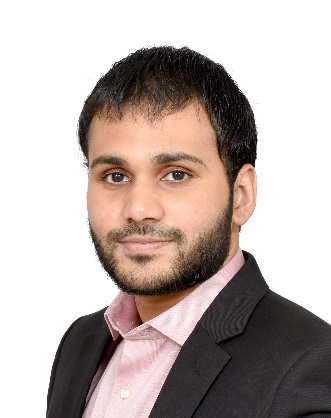
Dr. Nashwan Matheen | MSRO
Dr. Nashwan Matheen is a Research Scientist and Coastal Engineer from the Maldives. His background is in coastal engineering with his PhD focusing on the development of prototype coastal erosion Early Warning System to enhance community preparedness during extreme storm events. His research focuses on understanding and modelling hydrodynamic and morphodynamic processes in reef environments, and improving predictions of coastal hazards. His ongoing research has focused on evaluating the impact of the Indian Ocean Dipole on the shorelines of the Maldives.
Dr. Nashwan Matheen is currently working in two complimentary roles. Firstly as the Research Coordinator for Earth Observation at the Maldives Space Research Organsisation (MSRO) where he and his team carry out research to improve earth observation products available to the Maldives. In his second role as a Coastal Engineer the research output from MSRO is used to develop sustainable erosion mitigation measures, improve beach management strategies, and inform climate adaptation policies for islands in the Maldives.
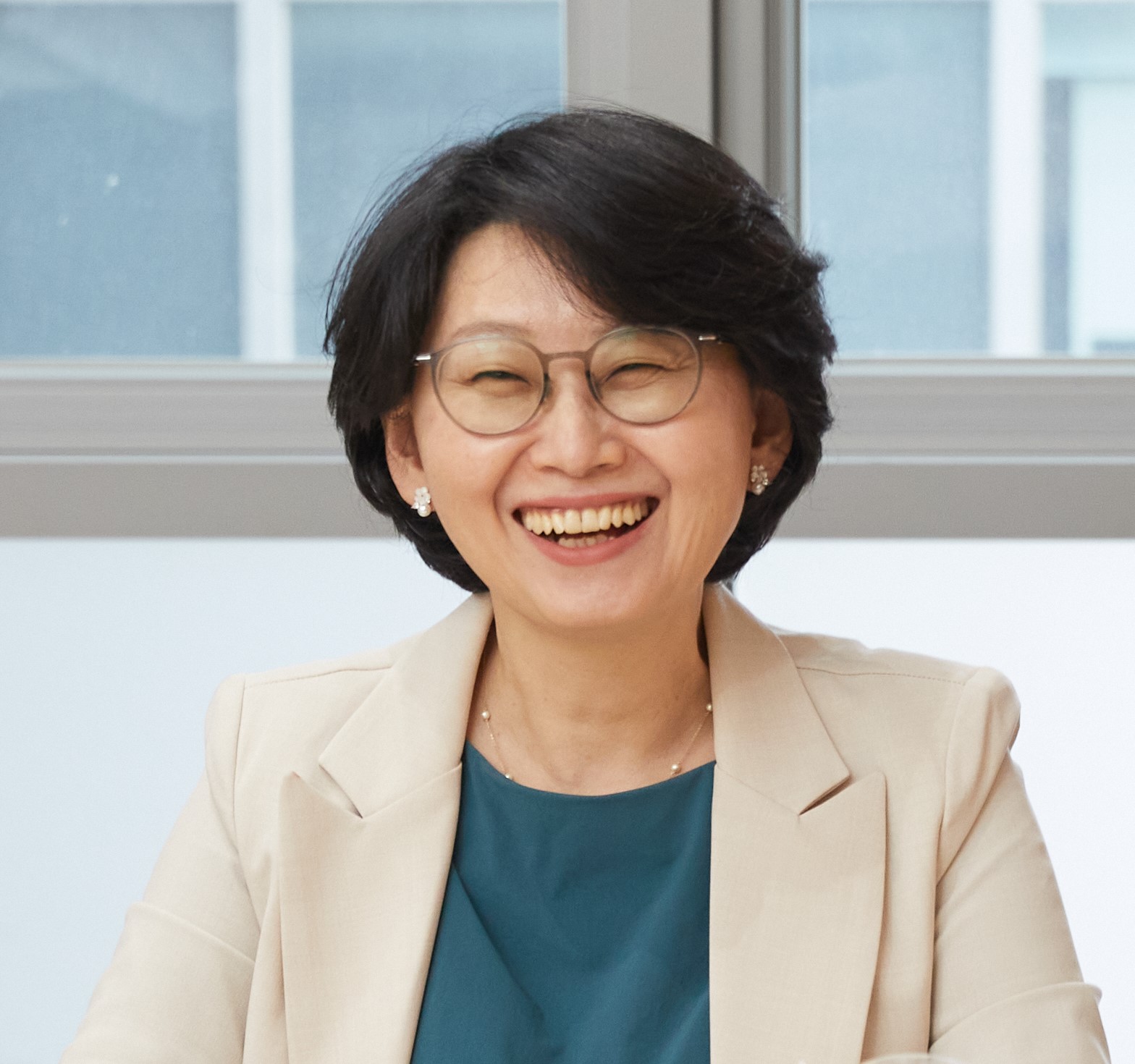
Dr. Sunwook Hong | OSEAN
Major themes of her work are seeking solutions to marine debris problem in Korea and Asia Pacific region and implementing efficient strategies. She has been a part of designing and implementing Korea Beach (Macro)Litter Monitoring Program for 14 years and National Meso/Microplastic Monitoring in recent years.
She’s been working on (1) understanding pollution state, sources, and abundant items through nationwide beach debris monitoring and citizen science, (2) understanding impacts on wildlife, economy, navigation safety, etc, (3) finding solutions of main contributors on the basis of decision- making process and community participation, (4) planning national and local government policies for prevention at sources, (5) educating and training stakeholders, NGOs, and school teachers, (6) cooperating with Asia Pacific NGOs to solve regional issues, (7) organizing International Coastal Cleanup and promoting for public awareness, and (8) encouraging private sectors to raise recycling of abundant items found on Korean beaches and to develop technical alternatives.
She’s published 25 research papers on marine litter in international and domestic academic journals since 2012 and wrote two books. She’s been editor-in-chief of Marine Litter News (ISSN 2287-8971) which biannually delivers the latest news about NGOs and experts’ activities on marine litter in Asia Pacific region.
